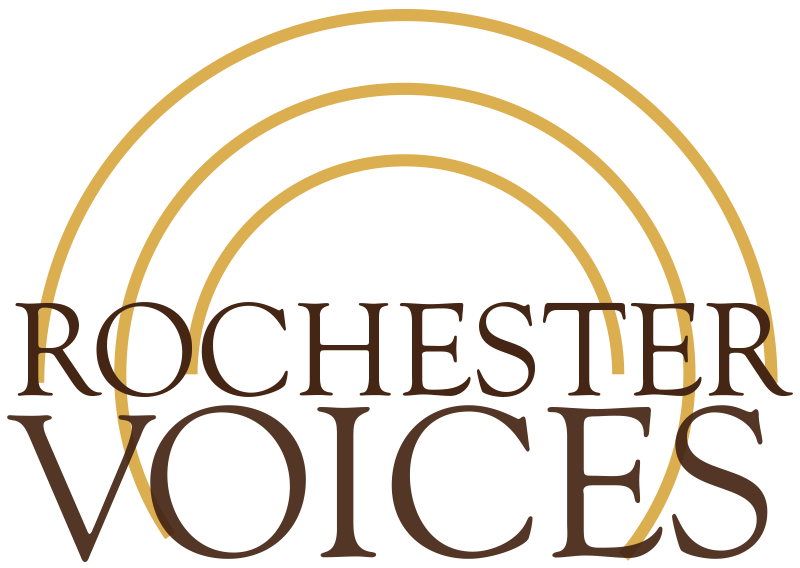Interview, David Gantt
David Gantt (b. 1941) was born in Alabama and lived in Florida before coming to Rochester with his parents in 1952. His mother, Lena Gantt, was an activist for the black community in Rochester. Gantt attended School #9 and East High School, but graduated from Ben Franklin High School. He attended Roberts Wesleyan College for two years on a basketball scholarship and, at the time of this interview, was finishing a degree in business administration from the Rochester Institute of Technology. He has been involved with various black activist organizations such as FIGHT (Freedom, Integration/Independence, God, Honor, Today), the Black Caucus, Action for a Better Community, and the National Association of Neighborhood Health Centers. At the time of this interview, Gantt had been serving as a legislator for District 22 for over seven years.
In this interview Gantt talks about race conditions in Rochester in the 1950s and 1960s, his involvement in politics, and his advice for the black community. Gantt explains how neighborhood segregation worsened in the late 1950s and early 1960s as relations between whites and blacks soured. He discusses a march that he organized in 1959 at the Chestnut Street Arena to protest the use of police dogs. Gantt reports that as a legislator, he has worked to help create a black middle class, encouraging black residents to buy and renovate homes in the city, and that he has tried to bring a strong voice for poor and black Rochesterians to the Monroe County Legislature. Offering advice for the community, Gantt says that blacks should strive to be self-sufficient and to become involved in the democratic process “to make our voice heard and not expect black politicians to solve all the problems.” He says that young blacks and Hispanics should prepare for “the coming battle between the haves and have nots” by educating themselves and working hard.
